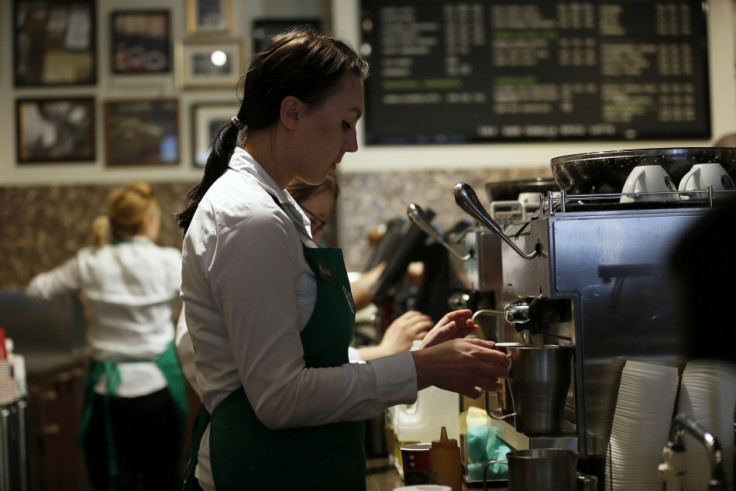UK Service Sector Soars Amid 'Booming' Economic Recovery

Britain's vast service sector is growing faster than analysts had expected as the economic recovery strengthens.
The purchasing managers index (PMI) for UK services, compiled by research firm Markit, hit 58.7 in April, up from March's 57.6 where analysts expected it to stay. Any figure above the neutral 50 mark means output is growing.
This momentum should be sustained as service firms plan on a hiring spree to cope with a wave of new business coming in across 2014.
It comes amid the easing squeeze on household finances and a healing global economy, such as the gathering pace of recovery in the eurozone.
"The upturn in service sector growth matches a similar acceleration to a near-record high for manufacturing output, while construction activity also continues to surge higher," said Chris Williamson, chief economist at Markit.
"These service sector numbers are especially important as, due to its sheer size, the sector is providing the main thrust behind the country's economic recovery this year."
Michael Saunders, UK economist at Citi, said "all the signs are that Britain is booming".
"The need for the current ultra-loose policy stance is receding rapidly, in our view," he said.
"Indeed, the current policy stance may well – if sustained for much longer – start to create a dangerous bubble mentality in housing and other assets."
The International Monetary Fund (IMF) predicts the UK economy will grow by 2.9% across the whole of 2014, the fastest pace of any western country.
As the UK recovery looks to be increasing broad-based and sustainable, with exports and business investment set to pick up, the Bank of England is poised to start hiking interest rates.
The Bank of England base rate is currently at its record-low of 0.5% where it has been for over five years.
This has been to keep credit costs down so lending to businesses and consumers could be sustained while the economy was weak after the financial crisis.
© Copyright IBTimes 2025. All rights reserved.






















